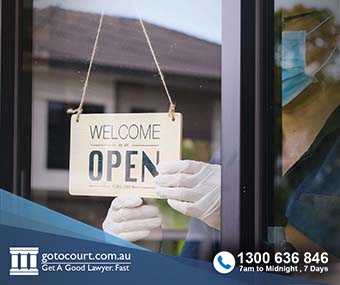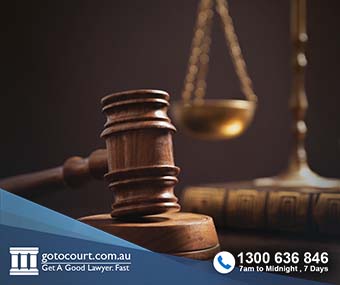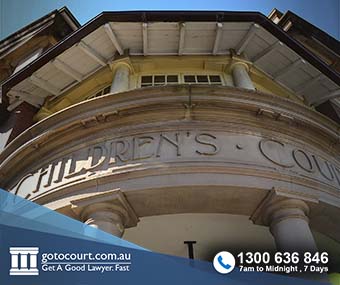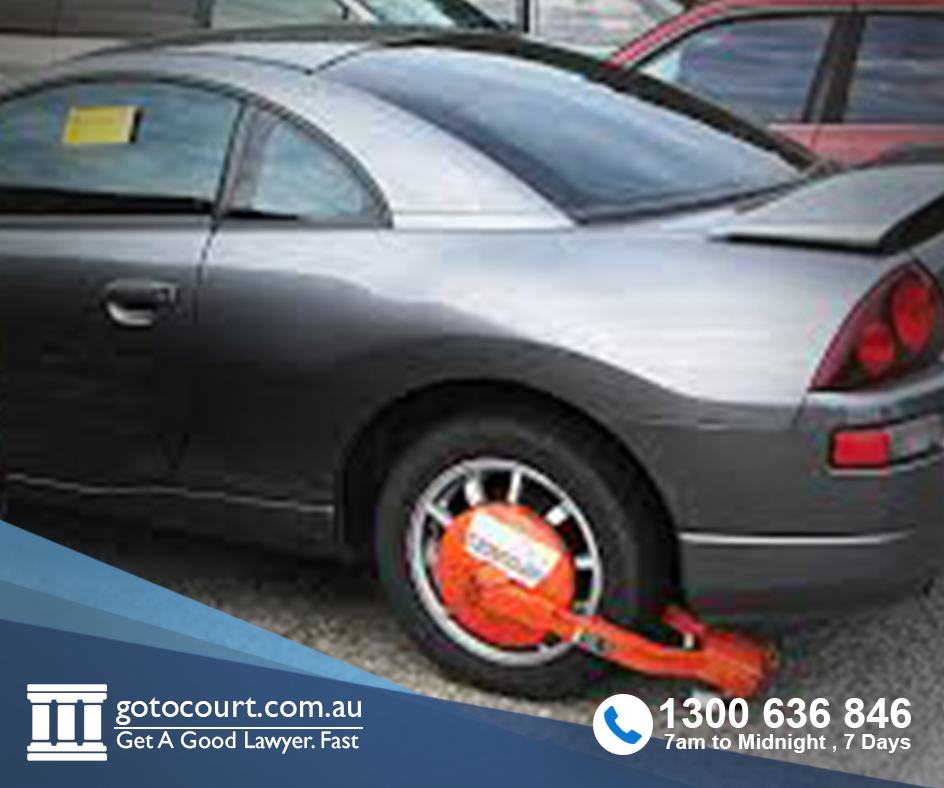Call our lawyers
now
or,
have our lawyers
call you
Intoxication and Insanity Defence in WA – New Perspectives
Updated on Jan 20, 2022 • 6 min read • 334 views • Copy Link
Intoxication and Insanity Defence in WA – New Perspectives
The Defence of Intoxication
Using Intoxication as a defence in WA is governed by the Criminal Code Act Compilation Act 1913 (WA) (‘the Code’). That section operates in conjunction with section 27 of the Code, which deals with the defence of Insanity in WA.
The two sections operating together provide for the circumstances when Insanity and Intoxication can be considered by the Court to defend a criminal charge. The essence of the defence provides that, where the Accused lacked the requisite capacity to understand what they were doing, or to control their actions because they were intoxicated or otherwise mentally impaired, the commission of the offence could not therefore be the result of their own actions.
The defence of Intoxication is notoriously difficult to prove, and the burden of doing so rests with the Accused. This was reinforced in a recent Supreme Court decision, The State of WA v Herbert.
The State of WA v Herbert
Mr Herbert came before the Supreme Court of WA in 2017 on five charges: making threats to kill; being armed with intent to kill; two counts of attempt to unlawfully kill; and doing an act causing danger. It was alleged that Mr Herbert, while supervising his children at home, attempting to kill his 2 daughters, aged 3 and 7 at the time, by dousing them in petrol and setting them alight. A neighbour witnessed these events, heard screaming from the house, and attempted to save the children from further harm.
Mr Herbert raised the defence of Insanity by reason of intoxication for these offences, alleging that he did not have the mental capacity to know at the time that what he was doing was wrong. He attributed this incapacity to the effect of the interaction between the alcohol he had consumed on the night and the medication he had been taking at the time. Mr Herbert had also been consuming marijuana during this time which interacted with the other substances in his system, leading to an apparent “state of psychosis”.
Mr Herbert further submitted to the Court that his intoxication was not the result of his own acts or omissions and was, in fact, involuntary. His defence alleged that he was not made aware by his doctor of the effects that alcohol and marijuana could have on his medication, nor was he advised of the potential for the mixture of these substances to bring on a state of psychosis. Mr Herbert told the Court that he did not recollect any of the events as they were alleged to have happened, and had no control over his body at the time of the offences.
The Decision of the Supreme Court
This case is significant because sections 27 and 28 of the Code had not previously been considered in this context. The trial was heard by a single judge, the Honourable Jenkins J, and decided on 10 April 2017. Mr Herbert’s defence counsel presented a range of evidence. In particular, evidence from Mr Herbert’s doctors was given to the effect that Mr Herbert was suffering from a “mental illness” at the time and therefore could not control his own actions.
Among other cases considered, Jenkins J referred to the decision of the WA Court of Appeal in Evans v The State of Western Australia. In that case, it was held that the test for mental impairment is whether, at the time of the commission of an offence, the accused was capable of reasoning with some moderate degree of calmness as to the wrongness of the act, or of comprehending the nature and significance of the act. The Court in Evans further stated that the issue for the accused to address is whether, on the balance of probabilities, the mental impairment they alleged to have been suffering at the time of the offence resulted in a complete incapacity to reason with respect to what behaviour is right and wrong according to ordinary standards.
Jenkins J therefore considered that, for the section 27 defence of Insanity to apply to Mr Herbert, his mental impairment must have deprived him of one of the capacities mentioned in that section, i.e. whether he had the capacity to understand what he was doing, the capacity to control his own actions, or the capacity to know that he ought not to do the act.
One of the main considerations for the Court was whether or not, when an accused person raises the defence of Insanity at a time when they were also intoxicated, the accused can avail himself of the Insanity defence when they intentionally intoxicated themselves.
While one of Mr Herbert’s doctors did adduce evidence that the offending behaviour was a direct result of his induced state of psychosis as a result of ongoing mental health issues, he also acknowledged that the accused’s psychosis was not likely to have occurred without the accused’s use of cannabis, which was voluntarily consumed. Mr Herbert’s second doctor supported the view that his psychotic mental state was a direct result of his use of alcohol and cannabis and also said that, ordinarily, this state of intoxication would not have deprived the Accused of the capacity to understand what was right and wrong.
Accordingly, Jenkins J held that the Accused had not demonstrated, on the balance of probabilities, that he was deprived of the capacity to know that what he was doing at the time of the alleged offences was wrong. Further, as a result of the evidence presented to the Court regarding the effect that alcohol and cannabis had on the Accused’s mental state, Jenkins J further held that the Accused had voluntarily contributed to his impaired mental state and could not therefore absolve himself of criminal responsibility for any of the five charges.
Concluding Remarks
Mr Herbert’s case provides much-needed guidance on how to interpret the intersection between sections 27 and 28 of the Code. It clarifies the basis upon which an accused person may absolve themselves of criminal responsibility for an act or omission where they did not have the mental capacity to understand what they were doing was wrong. It also highlights that an accused person may not be able to absolve themselves of responsibility where they have voluntarily caused or contributed to their impaired mental state through the use of drugs (prescribed or illicit) or alcohol.
As stated elsewhere, the use of intoxication as a defence is fraught with peril and any person who has committed an offence should get good legal advice from the Go to Court Criminal Lawyer Team before attempting to make it.
By Tracy Albin, GTC Lawyers
This article is published for general information only and is not intended to provide specific legal advice. It is important that you consult with a lawyer to discuss your case specifically, rather than rely on general information as to the law.

Affordable Lawyers
Our Go To Court Lawyers will assist you in all areas of law. We specialise in providing legal advice urgently – at the time when you need it most. If you need a lawyer right now, today, we can help you – no matter where you are in Australia.How It Works











1. You speak directly to a lawyer
When you call the Go To Court Legal Hotline, you will be connected directly to a lawyer, every time.


2. Get your legal situation assessed
We determine the best way forward in your legal matter, free of charge. If you want to go ahead and book a face-to-face appointment, we will connect you with a specialist in your local area.


3. We arrange everything as needed
If you want to go ahead and book a fact-to-face appointment, we will connect you with a specialist in your local area no matter where you are and even at very short notice.













